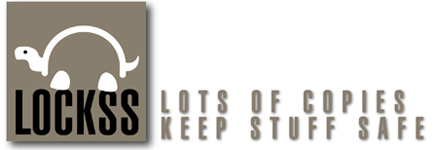AFRE (Accounting and Financial Review), is a publication of the Postgraduate Program Program University of Merdeka Malang.
- AFRe publishes in July 2018. Publish July and December
- AFRe is indexed in Google Scholar (in 2018)
- AFRe is indexed in Portal Garuda (in 2018)
- AFRe is indexed in the Directory of Open Access Journals System (DOAJ) March 2020
- AFRe is indexed in Index Copernicus International (ICI)
- AFRe is indexed in the Science and Technology Index (SINTA) and ranked 3 on December 23, 2020 (No. 200/M/KPT/2020): Starting from Vol. 1 (1) July 2018
- AFRe is indexed in the Science and Technology Index (SINTA) and ranked 2 on December 7, 2022 (No. 225/E/KPT/2022): Starting from Vol. 5 (1) March 2022 to Vol. 9 (2) 2026


















